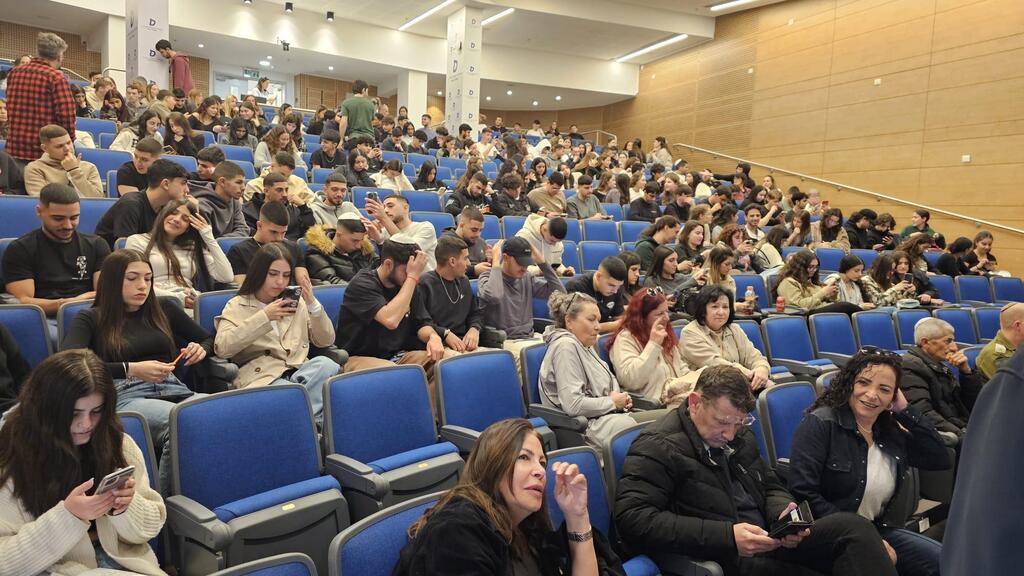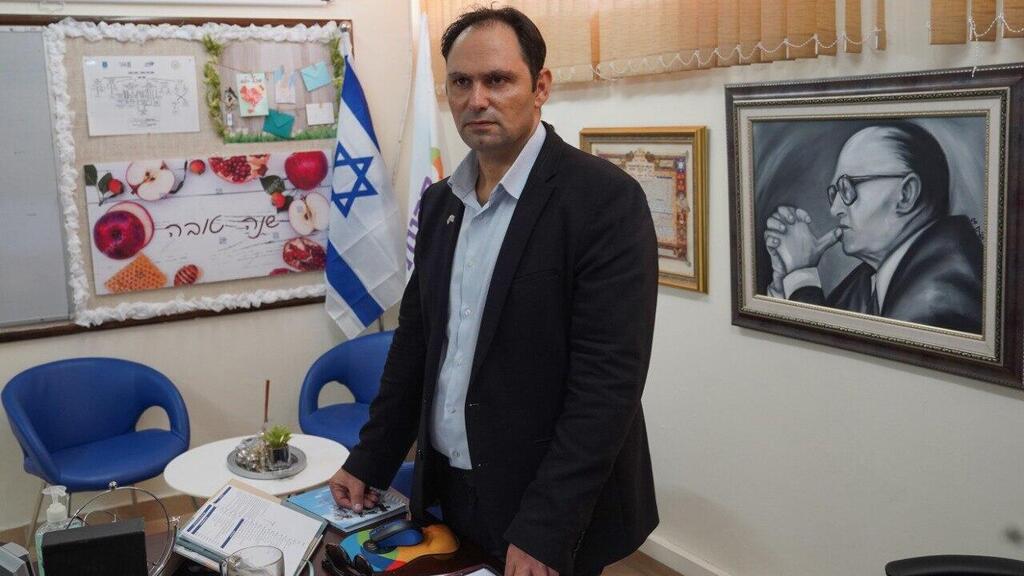More than half a year since the outbreak of the war, northern Israel students are still displaced from their homes, and as the school year comes to an end, they have to prepare for their matriculation exams.
In a report published by Ofer Zafrani, the principal of Ort Danziger High School in Kiryat Shmona, only 45% of 12th graders are expected to finish high school with a matriculation certificate, compared to 90% before the war.
1,400 students are studying in high schools, scattered across 400 communities and 110 educational centers throughout the country. Following the war, the Education Ministry announced special adjustments to the matriculation exams to ease the burden on students from the south and the north. Four rounds of adjustments were made to the exams according to the student's situation and the impact of the war.
In a document sent to the ministry, Zafrani noted that during the first three months, there were no frameworks for students, and later the students had to relocate from hotels to rented apartments and between localities, creating discontinuity in their studies.
"The physical conditions in the centers are partial, as well as the inability of the students to study at home due to the density in hotels and the composition of rooms for four people," he wrote in the report.
"Technological means for learning are also lacking, despite the allocation of end means, but in a quantity that is insufficient for the number of students in each family. Additionally, internet connectivity was not always available. The biggest concern is for the boys and girls completing their studies, 11th- and 12th-grade students who are about to take their matriculation exams, and do not have time to bridge the gaps that are currently forming."
Zafrani also wrote that "all students are in educational frameworks and make tremendous efforts to arrive and study, but there are many obstacles that do not allow them to fulfill the tasks of the matriculation exams. The most severe of all is a tremendous shortage of manpower in teaching external examination subjects."
Zafrani warns in the report that the eligibility rates for full matriculation will further plummet, "as a result of the lack of suitable study conditions, a small number of study hours, only about 40% of what they should have received, the absence of a differential response to special populations, the problem of providing study materials, a shortage of teachers to teach and narrow study gaps. We demand for these students internal examinations that will assess the material that the students studied during the complex period, and we expect their evaluation to be no less than the forecast that was supposed to be for them before the war."
The education minister's office declined to comment and referred to the ministry's response, reading "the ministry, in contact with school principals, is attentive and aware of the difficulties students from the north, including those from Kiryat Shmona, are facing."
"Therefore, the ministry has approved a series of unique leniencies for these students: a 15% grade boost for the matriculation exam in all subjects and internal examinations in all humanities subjects and one science subject. This is in addition to a 15% extension of exam time, expanded response options, and a change in the weighting of exam scores relative to annual grades.
"The ministry is in ongoing dialogue with the principals, attentive to the challenges and needs, and will do whatever is necessary to ensure that all students have the opportunity to take the matriculation exams." Additionally, the minister clarified that students from Kiryat Shmona will not be tested on material they have not studied.




